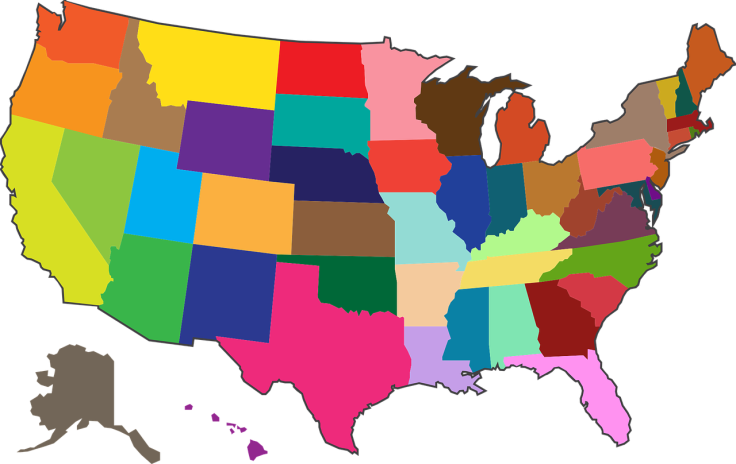
Personal finance site, WalletHub, recently conducted a study, weighing all 50 states and the District of Columbia to find out which are the best and worst states to give birth to and raise a young kid in America.
New England dominated the list of best states in the country in that regard, with Massachusetts, Vermont, and Rhode Island nabbing the top three spots and New Hampshire and Connecticut taking fifth and sixth places, respectively.
The authors of the study assigned an overall score to each state based on the following criteria: healthcare quality, baby-friendliness, cost, and family-friendliness, according to News 10.
Should people move to another state to start a family?
The study found that Alabama was the worst state to have a baby in the U.S., followed by Mississippi, South Carolina, Louisiana, Georgia, Arkansas, West Virginia, Oklahoma, Nevada, and Florida.
The question is whether it makes sense for people in the U.S. to move to a top-ranked state to start their own family. According to experts, that is not always necessarily the case.
Dr. Jennifer D. Sciubba, author of "8 Billion and Counting: How Sex, Death, and Migration Shape Our World," said the parents' jobs are not always in the same part of the U.S. as their extended family. That being said, the extended family has its own benefits as they can be important resources and support if parents have young kids.
She added that prospective parents should consider job opportunities and a potential move to another state when they are weighing. Amid soaring home and rent prices, along with the pressure brought upon by the rise in inflation, the financial burden of raising a young family can be too difficult for some.
Sciubba said that if you have two children who are two years apart and cannot start public school until they are five, parents are looking at paying for at least seven years of childcare, which is very expensive. She added that it feels impossible for many American families with working parents.
Read Also : Robin Williams' Children Pay Tribute to Their Dad 8 Years After Hollywood Legend's Death
Economic conditions, COVID caused fluctuations in the birth rate
Other Americans, as a result, are putting off or deciding against having kids, driving the birth rate down in the U.S. The country's birth rate has been declining for years, with the fall in the first year of the COVID pandemic marking the most significant single-year drop in almost half a century. There was an increase last year in births, but the number was still fewer compared to 2019.
Matthew Weinshenker, the associate professor and chair of sociology & anthropology at Fordham University, said that fluctuations in the birth rate are often tied to economic conditions.
Weinshenker explained that birthrates tend to track economic conditions in an advanced economy like the United States. He said that when things are going well, young couples judge that they can afford to have a kid (or another kid). That is why the birthrate went down sharply when the Great Recession struck.